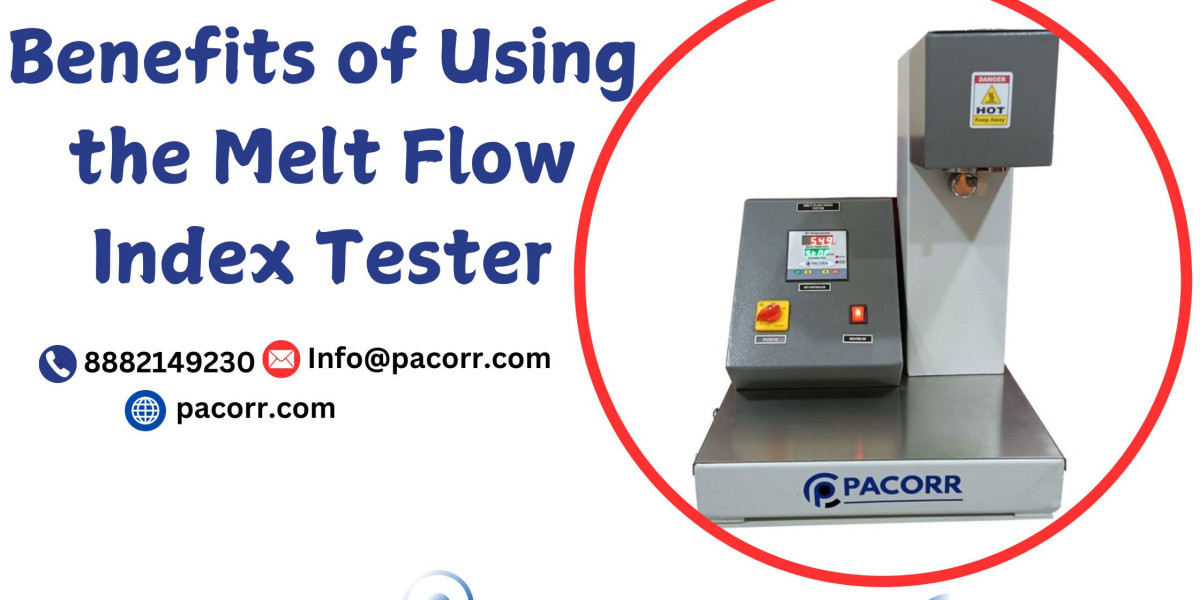 The field of psychiatry is a fundamental medical discipline. Medical school graduates undergo two years of Foundation Training in a range of departments in hospitals including the psychiatry department. They then do three years of specialization training, typically in three 12-month posts.
The field of psychiatry is a fundamental medical discipline. Medical school graduates undergo two years of Foundation Training in a range of departments in hospitals including the psychiatry department. They then do three years of specialization training, typically in three 12-month posts. This includes a discussion of the most likely diagnosis and specialist treatment recommendations that are based on the holistic biopsychosocial model. They also create a brief medical report for your GP.
This includes a discussion of the most likely diagnosis and specialist treatment recommendations that are based on the holistic biopsychosocial model. They also create a brief medical report for your GP.Psychiatrists
Psychiatrists are trained medical professionals who specialize in the diagnosis and treatment of mental health conditions. They operate similarly as psychologists, but they also have a good understanding of how biological factors affect mental health. Psychiatrists are able to prescribe medications that help manage symptoms. They also provide assistance and advice.
To become a psychiatrist, you must have a medical degree recognised by the General Medical Council (GMC). You can complete a foundation programme of two years of general training, after which you will complete three years of fundamental training in the field of psychiatry. Then, you'll need to complete a further three to five years of specialist psychiatry education.
There are 21 Deaneries of Psychiatry in the UK. They offer a national service for recruitment to specialist and core posts. They are in charge of overseeing recruitment across the country, arranging special training and ensuring standards. They also play a key part in the development of mental health services.
Your GP may recommend a psychiatrist if you need one. They can also refer you to a member of your local community mental health team. The Royal College of Psychiatrists, the main uk private psychiatrist support body for psychiatrists, is a good starting point. It lists psychiatrists who are licensed to treat patients.
A private psychiatrist will evaluate your mental health in full and, if needed, offer you a treatment program. They will assess you in person, online, or over the phone. They can also write an assessment to your GP. They can assist you in getting rid of your symptoms and allow you to enjoy your life again.
Ask about the qualifications and experience of a psychiatrist you are considering. You should look for an apologist who holds a valid GMC licence and is a member of the Royal College of Psychiatrists. Make sure they accept insurance.
Assessments
In a first-time assessment in private, the psychiatrist will review your mental health in depth. This will involve detailed discussions around the current difficulties and an examination of your prior history. It will also involve consideration of your family and social history to help form an understanding of the current situation in the present. In some instances, your doctor may suggest blood tests or other medical tests to get a clearer picture of your symptoms and health. They can be done through your GP or privately.
If the psychiatrist believes that you require more details, they will refer you to a specialist to perform a further evaluation such as a psychologist, psychotherapist or counsellor. These professionals can then offer therapy if they believe this is appropriate, or may suggest medication. The psychiatrist will be able to answer any questions that you might have during this meeting and you are invited to bring a friend or relative along.
Psychiatrists will discuss your symptoms in depth and work out whether they are related to an illness or caused by some other factor, such as alcohol or stress. The examination will focus on the impact of your issues on your daily routine including your relationships and your ability to cope with everyday tasks. The psychiatrist will ask about your family, social activities and how your issues impact your school or at work.
Liaison psychiatry clinics that evaluate patients in hospitals are audited by PLAN and are expected to have a room for interviews that is safe for conducting high-risk assessments. PLAN has found this to be a difficult goal to achieve. There are numerous obstacles such as the fact that the assessment rooms are not a priority for hospital management or the necessity of balancing security requirements and a peaceful atmosphere. PLAN also found that certain hospital liaison services for psychiatry struggle to comply with the National Suicide Prevention Strategy standards which stress the importance of having adequate facilities to evaluate those who are at risk of suicide.
Medical Investigations
Psychiatrists are trained to recognize and address the root of mental health problems that often have physical causes. This could require them to conduct medical tests like blood tests or MRI scans. The psychiatrist will usually decide which investigation is needed after analyzing your symptoms and history. The test results will verify or rule out the possible causes behind your illness.
A psychiatrist may also choose to prescribe medication rather than conduct medical investigations. If taken properly, medication are extremely effective in treating mental disorders. Sometimes, the psychiatrist may refer you to a therapist who can provide specific therapy. GPs are normally only willing to do this when they believe the therapy will benefit you.
The psychiatrist can usually arrange follow-up appointments that last a half hour or an hour, depending on the severity of your case. The psychiatrist may want to meet with you face-to-face however, during the Covid-19 outbreak, it was not uncommon to have the initial appointment be conducted via phone or via video. You can bring a friend or family member into the consultation room but it is not always necessary.
It might be possible for your doctor to arrange a second opinion with psychiatrists from an NHS trust in a different region of the country. It would depend on if the service was willing do so and if the local integrated health board (ICB), was willing to pay for the procedure. You might also be able get assistance from a local or mental health advocacy service.
Psychiatrists must hold an medical degree. They then work as foundation house officers for two years at various hospitals. After that, they are able to apply for specialist training. The process is divided into three phases: the basic psychiatry, 3 years of higher psychiatric specialty and two additional years of senior registrar training. They will then be awarded the Certificate of Completion of Specialist Training (CC(S)T). The process can take up to nine years after medical school.
Medication
Your psychiatrist may prescribe medication if you suffer from an illness of the mind. This is a type of treatment that can help reduce your symptoms and improve your ability to function in daily life. Psychiatrists may also recommend other treatments like psychotherapy or counseling. It is important to consult your doctor carefully because medicines work differently for each person.
Certain psychiatrists specialize in particular conditions, while others are able to treat many different conditions. For example, Dr Humphries is a seasoned general adult psychiatrist, and a highly respected specialist in adult ADHD. He has been working in the field for many years and has written numerous important Department of Health publications. He is also a consultant to the NHS and has a wealth of experience in both community and inpatient services.
Psychiatrists may prescribe medications to treat specific ailments or symptoms, or they may suggest other types of treatments for example, such as counselling or cognitive behavioural therapy (CBT). Some psychiatrists also have training in mindfulness techniques that can assist patients in managing their mental health issues.
The Royal College of Psychiatrists is the most popular professional body for psychiatric professionals. The RCPsych offers professional support to its members, including job opportunities and briefings on policy. The RCPsych also participates in research and holds an annual conference. It also awards prizes to students interested in careers in the field of psychiatry.
A Psychiatrist may work in the private sector or for the NHS depending on their area of expertise. They work a 40-hour week, with additional on-call duty. Based on the specific area of work they may be required to do nights or weekend shifts.
A Psychiatrist is able to examine you for a variety of mental health issues. From depression and anxiety, to schizophrenia and bipolar disorders. They can identify you and prescribe the right medication for you. They can also provide self-help booklets and other guidance. They can also refer you to other services for mental health in the community when needed. In the UK one in six adults suffers from a mental health problem. These issues can have a negative effect on your quality of living and therefore it is essential that you seek treatment as soon as you can.







